
News

Northwest Quantum Nexus Builds Momentum, Gains New Members
With eyes fixed on the future of quantum computing, the Northwest Quantum Nexus (NQN) is expanding its reach, and gathering key leadership to build upon early successes, drive collaborative momentum and map out how that future will take shape in the Pacific Northwest.
At the event, NQN’s two newest member partners — Amazon Web Services (AWS) and Boeing Co. — join our strong regional roster of academic, government and private sector partners to explore the potential of QIS.
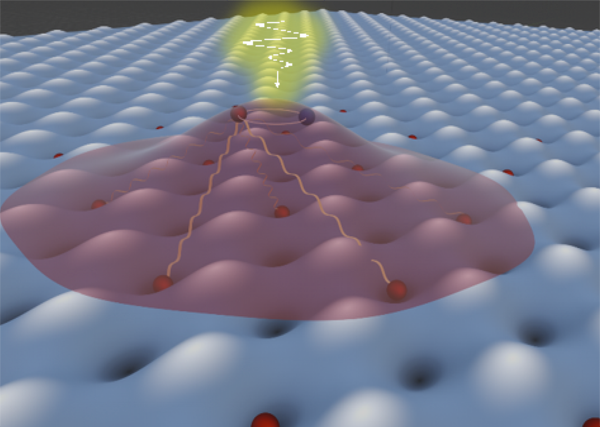
Lasers Align Electron Spin Behavior in Quantum Materials
Researchers have discovered that light—in the form of a laser—can align electron spins, creating a platform that could have applications in the field of quantum simulation, according to study co-senior author Xiaodong Xu, a Boeing Distinguished Professor at the University of Washington in the Department of Physics and the Department of Materials Science and Engineering and dual appointee at Pacific Northwest National Laboratory. Xu led an international research team that also included UW professors Di Xiao, a professor of physics and of materials science and engineering who also holds a joint appointment at PNNL, and Daniel Gamelin, a professor of chemistry and director of the Molecular Engineering Materials Center.
The research appeared April 20 in the journal Nature.
“In this system, we can use photons essentially to control the ‘ground state’ properties—such as magnetism—of charges trapped within the semiconductor material,” said Xu, who is also a faculty researcher with the UW’s Clean Energy Institute and the Molecular Engineering & Sciences Institute. “This is a necessary level of control for developing certain types of qubits—or ‘quantum bits’—for quantum computing and other applications.”
The research was funded by the Department of Energy Office of Science; the U.S. Army Research Office; the National Science Foundation; the Croucher Foundation; the University Grant Committee/Research Grants Council of Hong Kong Special Administrative Region; the Japanese Ministry of Education, Culture, Sports, Science and Technology; the Japan Society for the Promotion of Science; the Japan Science and Technology Agency; the state of Washington; and the UW.
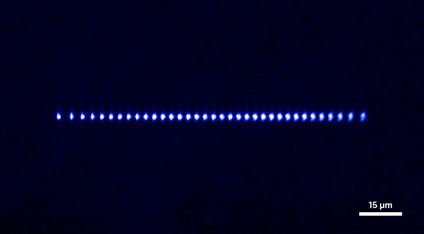
IonQ Demonstrates Path to Scale Quantum Manufacturing in Partnership with Pacific Northwest National Laboratory
IonQ (NYSE: IONQ) and the U.S. Department of Energy’s Pacific Northwest National Laboratory (PNNL) announced that their innovative public-private partnership has generated a sustainable and robust source of barium qubits for IonQ’s next generation quantum computers. IonQ believes that this collaboration will supply barium qubits for its quantum computers in perpetuity, a key step as the company begins to scale its manufacturing operations.
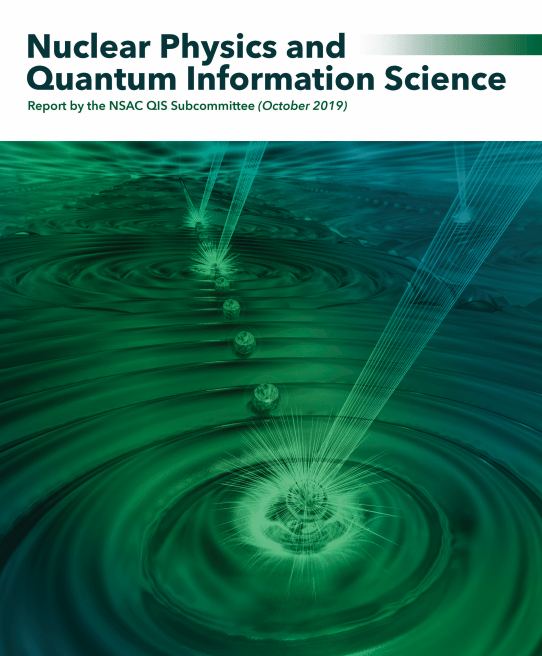
Nuclear Science Advisory Committee releases report on nuclear physics and Quantum Information Science
UW physicists, Martin Savage and David Herzog, co-authored a report to the Nuclear Science Advisory Committee that assesses the potential impact of quantum information science on nuclear physics and describes the unique contributions that nuclear physics research could make to accelerate advances in quantum information science.

Read our July 5, 2019 response to the Department of Energy’s Request for Information on Quantum Information Science Centers.
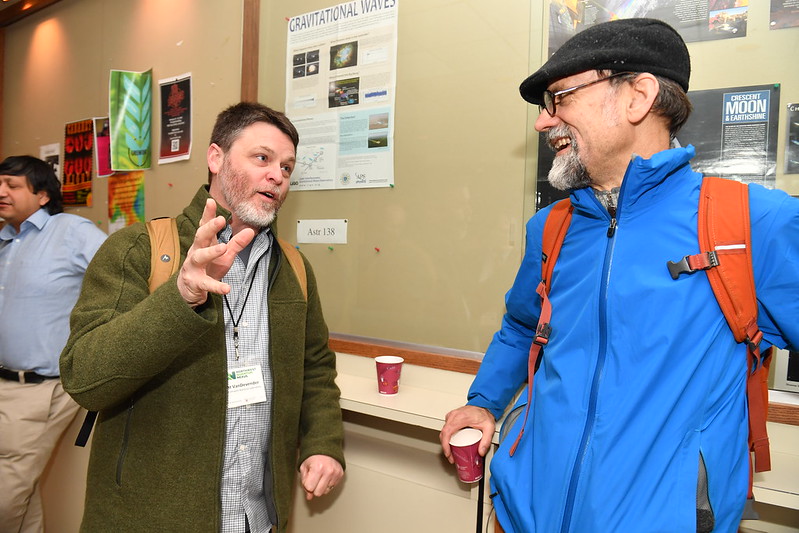
Cold atom workshop
Quantum computing experts from across the Pacific Northwest gathered in late February 2020 at Washington State University in Pullman, Washington for the Quantum Computing, Sensing, and Simulation with Cold Atoms workshop sponsored by the NQN. PNNL physicist Brent Vandevender presented work to evaluate the effect of environmental radiation on superconducting qubits. The research team, including scientists from PNNL and the Massachusetts Institute of Technology, is conducting carefully controlled experiments to determine the limits placed on qubit stability by typical background radiation found in the environment. (Photo credit Washington State University photo services)
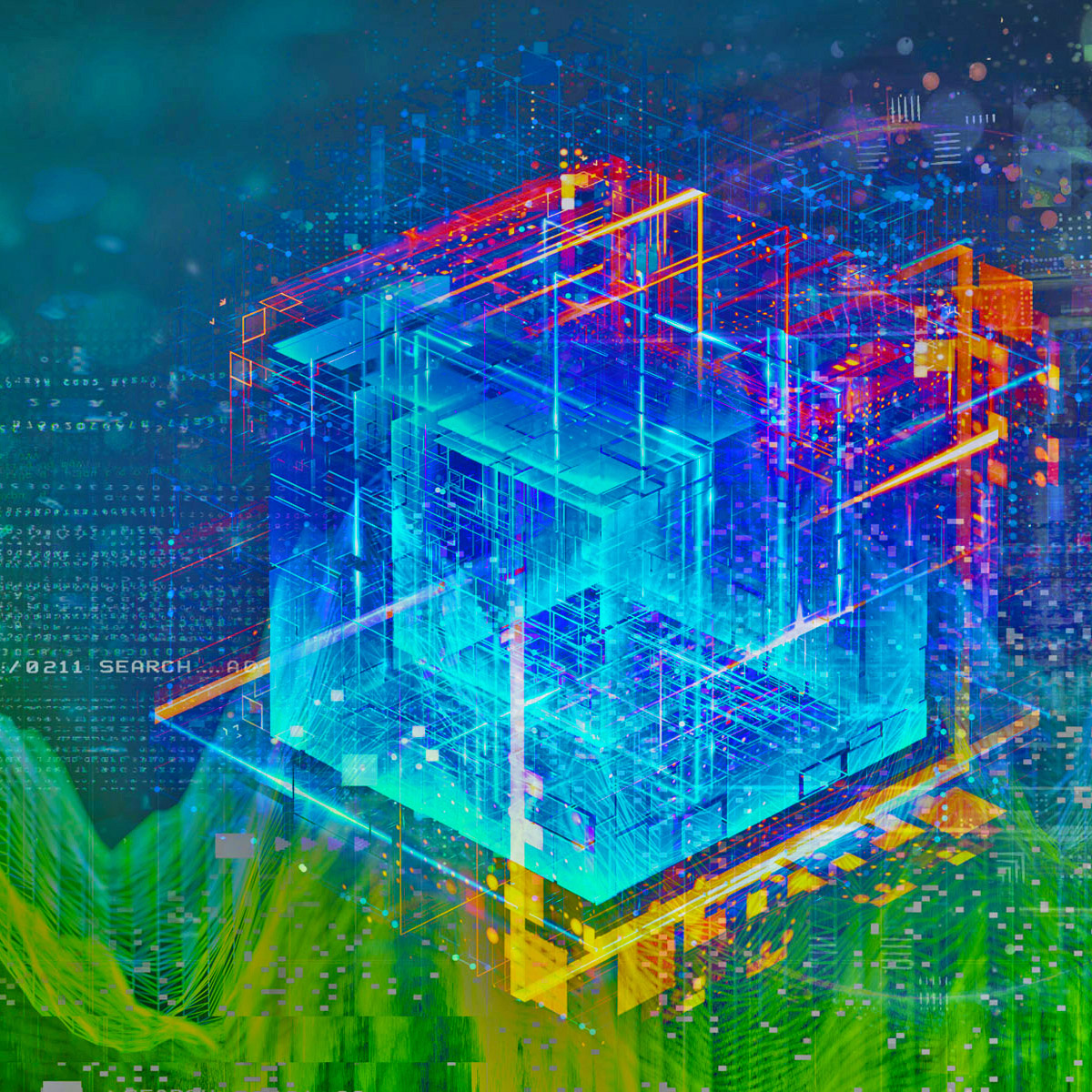
The quantum gate hack
One of the first useful quantum technologies is likely to be quantum sensors – devices that use quantum signals to measure things like temperature and magnetic fields. Pacific Northwest National Laboratory theoretical physicist, Nathan Wiebe, worked with an international team of colleagues to apply machine learning techniques to a tricky problem in quantum sensing. (Photo credit: Timothy Holland, PNNL).
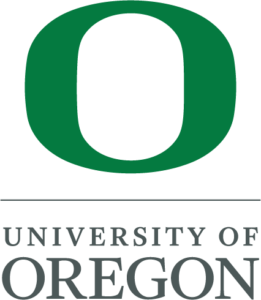
Northwest Quantum Nexus Coalition Welcomes the University of Oregon
The Northwest Quantum Nexus (NQN), a regional coalition of academic, government and industry partners working to advance quantum information sciences (QIS), welcomes the University of Oregon (UO) to its network. “The exciting research happening at the Oregon Center for Optical Molecular & Quantum Science complements the strengths of other NQN partners,” said Nathan Baker, a PNNL computational scientist and one of the founding organizers of NQN. “This is just the kind of synergy we are seeking as we grow and develop QIS in the Pacific Northwest.”
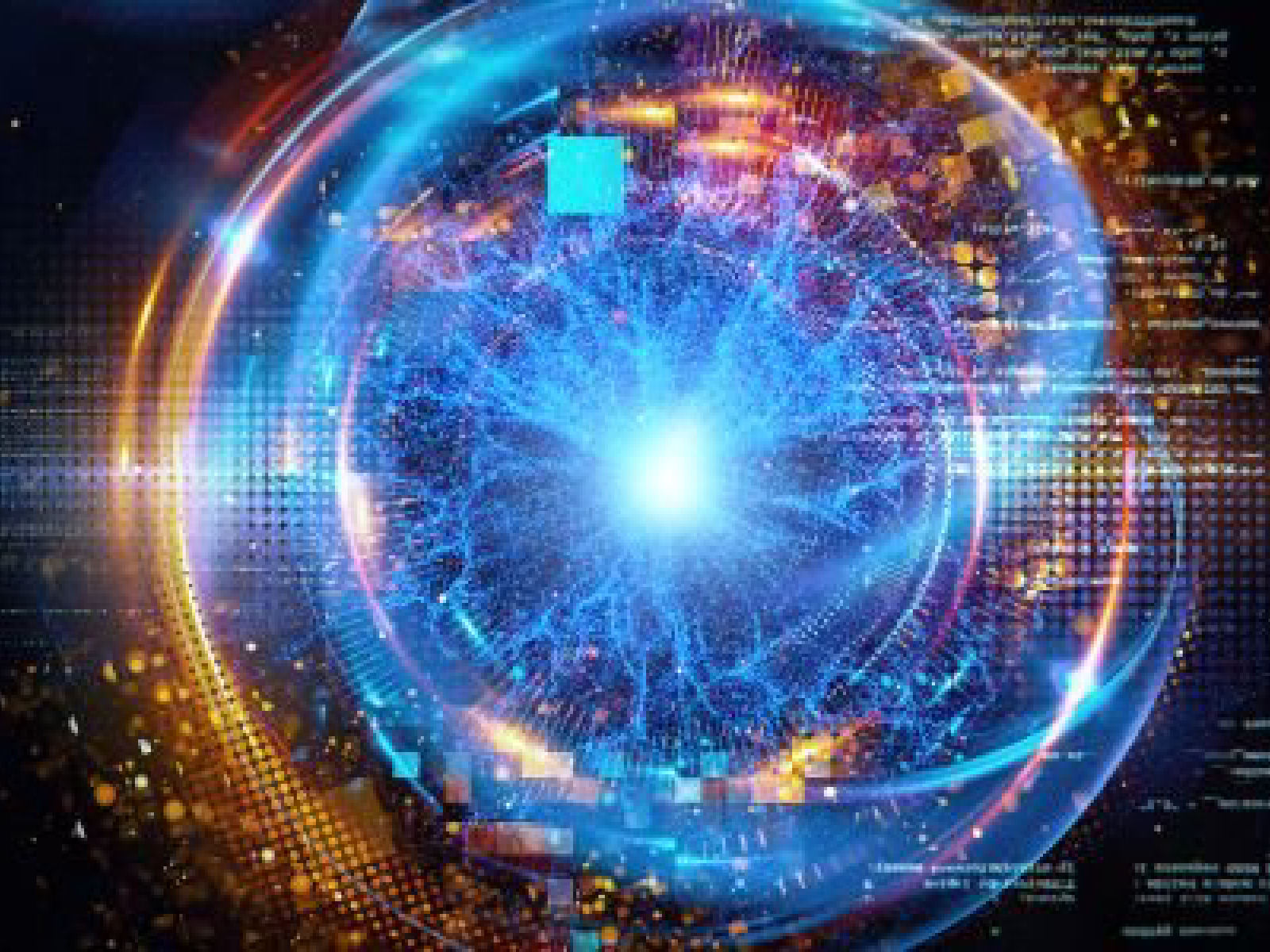
Quantum computing pioneers IonQ and Washington State University join the Northwest Quantum Nexus coalition
The Northwest Quantum Nexus (NQN), a regional coalition of organizations working to advance quantum information sciences (QIS), has added two new partners to its growing network. Washington State University (WSU) and the quantum computer hardware manufacturer IonQ join NQN keystone partners Microsoft, the University of Washington (UW) and Pacific Northwest National Laboratory (PNNL) to continue building out a regional hub for QIS economic and workforce development.
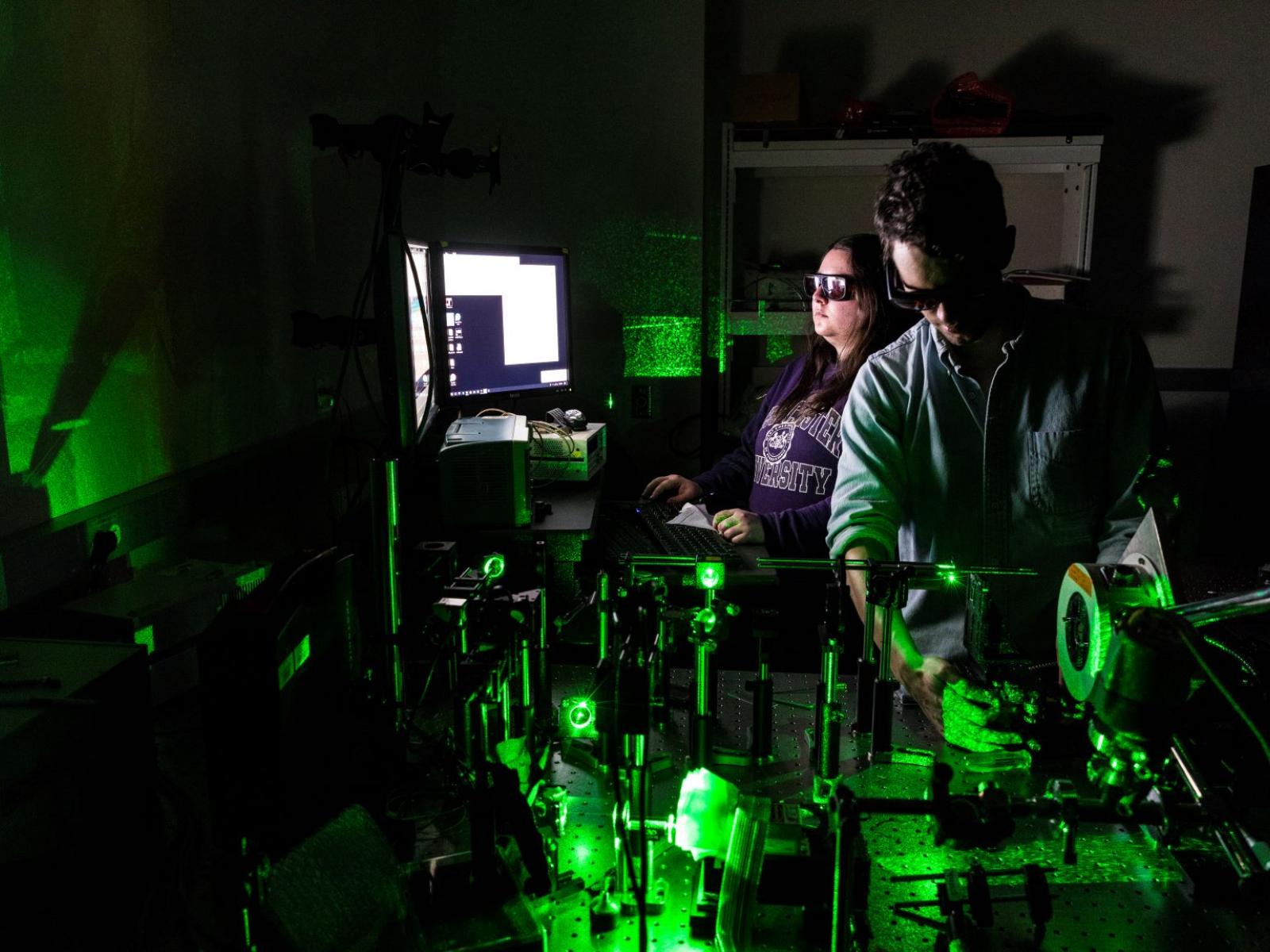
Color centers in diamonds
Peter Pauzauskie, a joint research appointee at Pacific Northwest National Laboratory from the University of Washington, and fellow researchers from UW and the U.S. Naval Research Laboratory used tremendously high heat and pressure to insert silicon into a nanodiamond’s crystalline structure. The silicon creates a defect in the diamond called a color center. These silicon defects are being investigated as functional elements that could provide single photons for secure quantum communications. (Photo credit: Mark Stone, University of Washington).
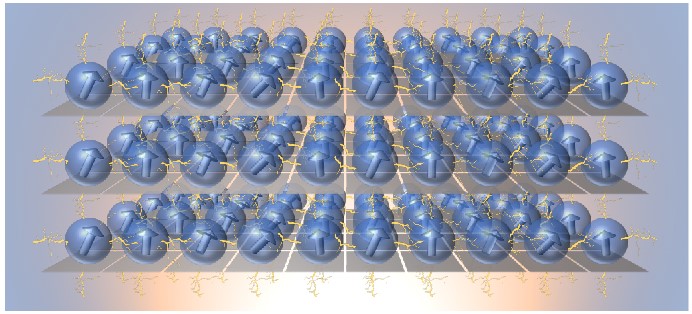
Quantum benchmarking
Using classical computers, computational scientists at Pacific Northwest National Laboratory have set a mark that a quantum system would need to surpass to establish quantum advantage in the realm of chemistry. At 113 electrons, the recent benchmark simulation is the largest quantum system ever simulated at this precise level of accuracy using a classical computer.
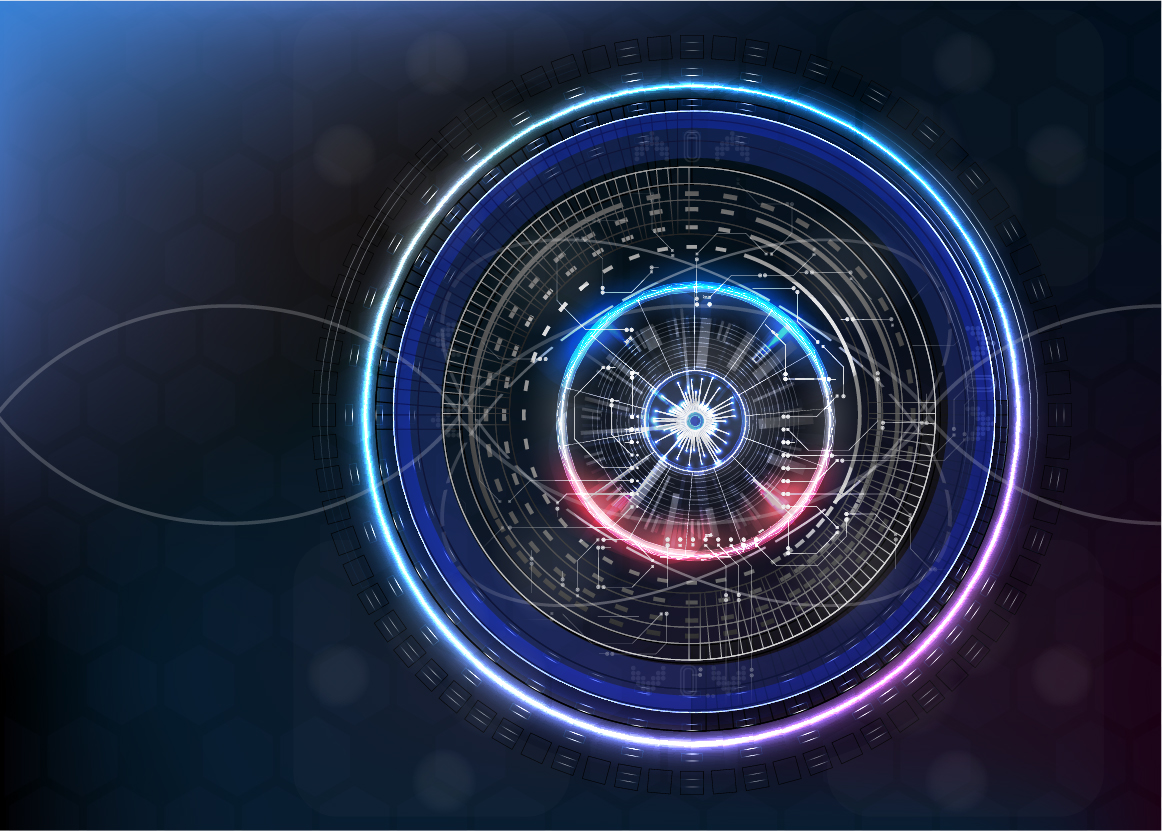
Quantum Edge
Quantum computing is the key to solving problems that regular computers can’t handle, like designing silver-bullet drugs for cancer or improving materials for data storage. The QuantumX initiative, co-chaired by UW professors Jim Pfaendtner and Mo Li, is bringing together quantum expertise from across University of Washington campus to stimulate research and teaching on all things quantum.
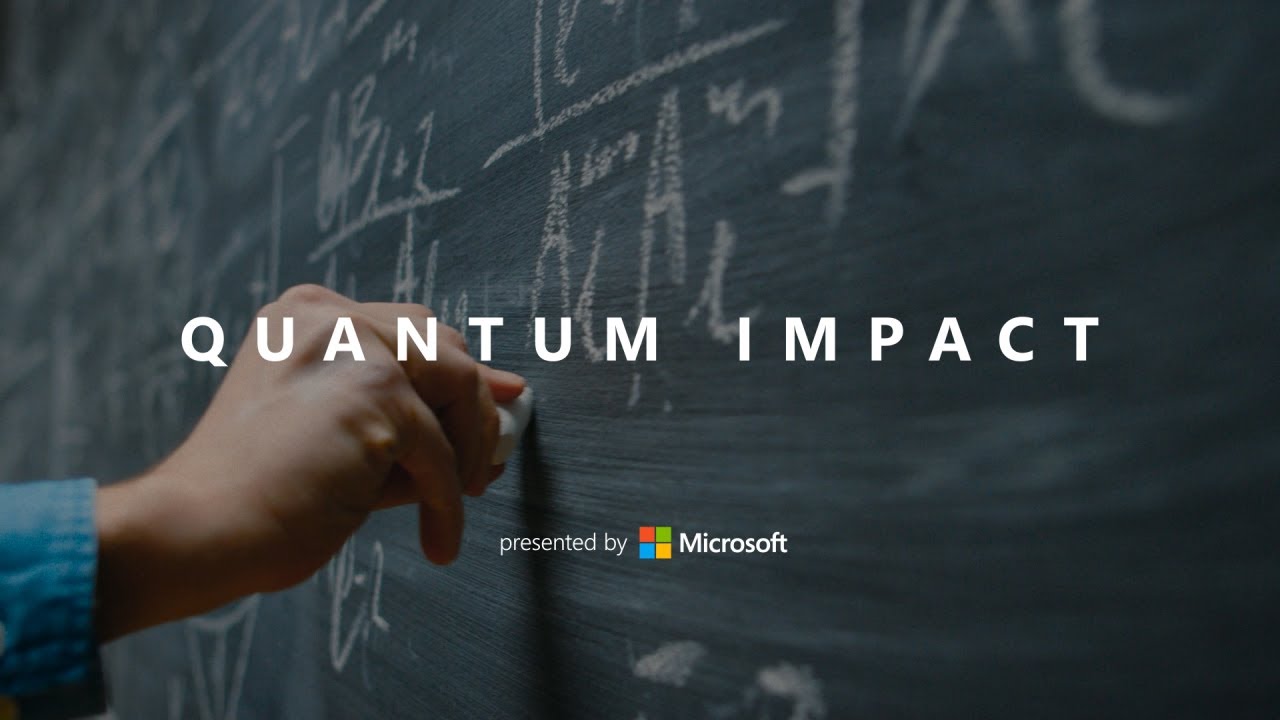
Quantum impact: teaching the next generation of quantum researchers
Kai-Mei Fu, an experimental physics researcher and UW Professor working to advance quantum technologies, sat down with Dr. Krysta Svore, General Manager of Quantum Systems at Microsoft, to discuss their paths to discovering the field of quantum and offer advice to students who are interested in exploring quantum as a career path.
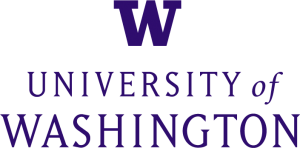
UW team receives National Science Foundation award to help increase capacity of quantum computing systems
A team led by UW Electrical & Computer Engineering professors Mo Li, Arka Majumdar and Karl Böhringer was selected to participate in the National Science Foundation’s Convergence Accelerator, a new initative to accelerate use-inspired research addressing societal challenges. The team will be working to increase the capacity of quantum computing systems to retain and process information.
Curriculum:
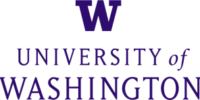
Microsoft quantum software experts instructed a 10-week bachelors-level course in Q# at the University of Washington in Winter 2019. The course, Introduction to Quantum Computing and Quantum Programming, focused on teaching quantum computing to computer scientists and non-physicists. Students were also able to tap into a rich collection of quantum programming exercises in Q# (Quantum Katas) hosted on GitHub. Given the success of the course, Microsoft is now extending Q# and QDK-focused curriculum content to universities globally. Please contact Quantumcurriculum@microsoft.com to learn more.

Microsoft is partnering with the Director of Data Analytics Program, Washington State University (organizing member of NQN), Professor Nella Ludlow, to integrate Q# and QDK curriculum at Wright State University’s Introductory Quantum Computing Course.
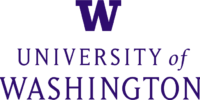
To encourage the next generation of quantum pioneers, the UW QuantumX initiative awarded five undergraduate and masters students grants to fabricate nanoscale quantum devices at the UW-based Washington Nanofabrication Facility.

Support and participation in University of British Columbia’s Canada’s Digital Technology Supercluster (CDTS) – Capacity Building proposal
Cascadia Innovation Corridor:
- Pacific Northwest National Laboratory – Quantum computing @Tech Alliance Discovery Series
- Global Innovation Exchange – A collaboration between the University of Washington and Tsinghua University of China, with founding support from Microsoft, that brings together students from around the world to participate in an interdisciplinary program designed to develop leaders in innovation.
- October 2019 Conference – Break out session on Quantum Computing by 1Qbit and Pacific Northwest National Laboratory


